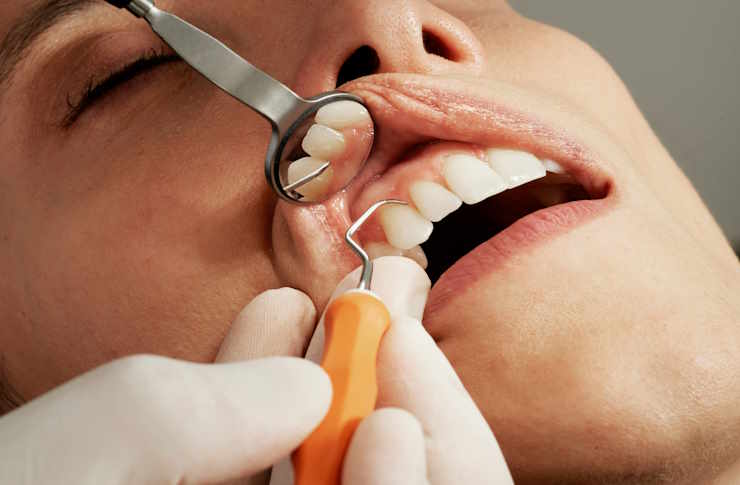Will Your Health Insurance Cover Dental Care in 2026?
When it comes to healthcare in the United States, dental coverage is one of the most confusing and frustrating areas for families. Many Americans assume their health insurance will step in when they need a crown, an implant, or even a routine cleaning—only to face surprise bills that can reach hundreds or even thousands of dollars. With costs continuing to rise and insurance companies adjusting their benefits every year, a common question is emerging: will dental care be more widely covered in 2026, or will Americans still be left paying most expenses out of pocket?

Why Dental Care Often Stands Apart from Traditional Health Insurance
Dental care has long occupied a unique position in the healthcare ecosystem. Unlike many medical treatments, dental services are frequently treated as a separate category by insurance providers. This distinction means that standard health insurance plans often provide limited or no coverage for routine dental procedures, leaving many patients facing unexpected expenses.
Most traditional health insurance plans focus primarily on emergency and preventive medical treatments, typically excluding comprehensive dental care. This separation creates a significant financial challenge for individuals seeking regular dental maintenance and specialized treatments.
What Insurance Typically Covers in Dental Care
Dental insurance coverage varies widely between providers and plans. Generally, most insurance plans offer some level of coverage for:
-
Preventive care (annual cleanings, X-rays)
-
Basic procedures (fillings, simple extractions)
-
Routine check-ups
However, more complex procedures like root canals, crowns, and orthodontic treatments often require additional coverage or substantial out-of-pocket expenses. Many plans follow a tiered coverage model, with different levels of reimbursement for various types of dental services.
The Costs That Catch People Off Guard
Dental procedures can be surprisingly expensive, with even routine treatments potentially costing hundreds of dollars. Some typical unexpected expenses include:
-
Advanced restorative procedures
-
Specialized treatments
-
Cosmetic dental work
-
Emergency dental interventions
| Procedure | Estimated Cost Range | Typical Insurance Coverage |
|---|---|---|
| Routine Cleaning | $75 - $200 | Usually 80-100% covered |
| Filling | $150 - $450 | 50-80% covered |
| Root Canal | $700 - $1,500 | 50% coverage typical |
| Dental Crown | $800 - $1,700 | 50% coverage possible |
Prices, rates, or cost estimates mentioned in this article are based on the latest available information but may change over time. Independent research is advised before making financial decisions.
Will 2026 Bring Any Change?
While predicting exact insurance trends is challenging, healthcare policy continues to evolve. Recent discussions suggest potential shifts in dental coverage, including:
-
Increased integration of dental and medical insurance
-
Expanded preventive care coverage
-
More comprehensive plans for individuals and families
Consumer advocacy and healthcare reform movements are pushing for more inclusive dental coverage, signaling potential improvements in the coming years.
Alternative Options People Explore
Individuals seeking comprehensive dental care have several alternatives:
-
Dental discount plans
-
Dental savings accounts
-
Flexible spending arrangements (FSAs)
-
Community health centers offering sliding-scale pricing
-
Dental schools with reduced-cost treatments
This article is for informational purposes only and should not be considered medical advice. Please consult a qualified healthcare professional for personalized guidance and treatment.
Navigating dental insurance requires careful research and proactive planning. While the landscape continues to change, understanding current options and exploring alternative coverage methods can help individuals manage their dental healthcare expenses effectively.




